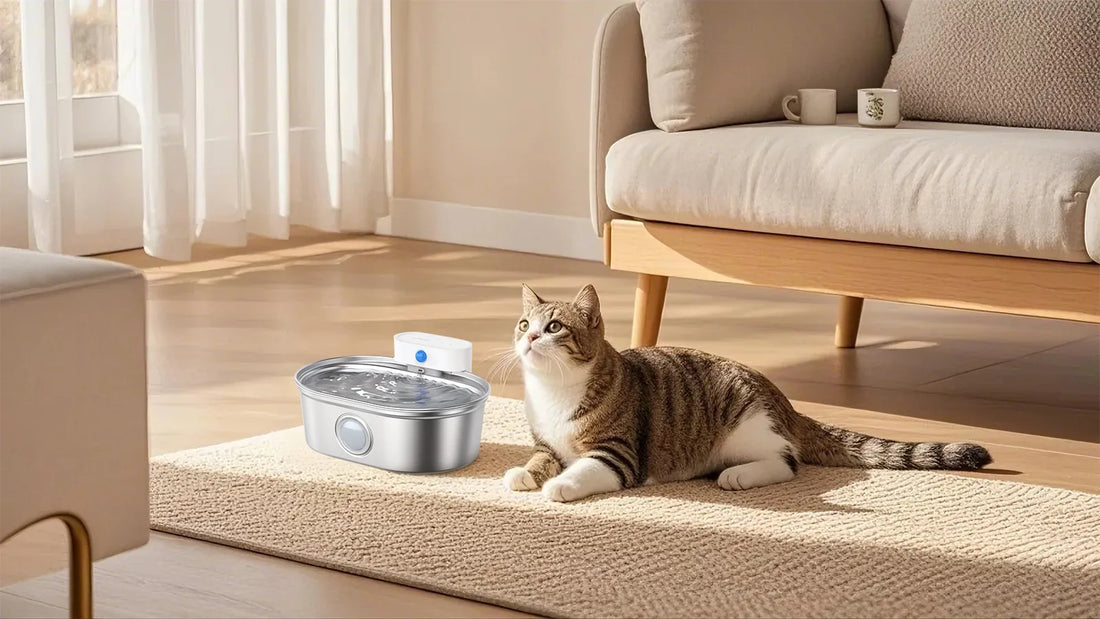When your dog starts drinking a lot of water but isn’t peeing as expected, it can be a cause for concern. This behavior might seem harmless at first, but it could indicate underlying health issues that require attention. Understanding the possible reasons behind this phenomenon is crucial for ensuring your furry friend’s well-being.
Common Causes of Excessive Water Consumption
There are several reasons why a dog might drink more water than usual. These include environmental factors, dietary changes, or medical conditions. For instance, hot weather or increased physical activity can lead to higher water intake. However, if your dog is drinking excessively without a corresponding increase in urination, it’s time to investigate further.
Potential Health Concerns
One of the most serious conditions associated with this behavior is kidney failure. When the kidneys aren’t functioning properly, they may not produce enough urine, even if the dog is drinking a lot of water. Other conditions, such as diabetes or Cushing’s disease, can also cause increased thirst without proportional urination. It’s essential to monitor your dog closely and consult a veterinarian if you notice persistent symptoms.
Dehydration and Its Effects
Ironically, excessive water drinking can sometimes be a sign of dehydration. If your dog isn’t peeing enough, it might be because their body is retaining water to combat dehydration. This can occur due to vomiting, diarrhea, or insufficient water intake over time. Checking for signs of dehydration, such as dry gums or lethargy, can help you determine if this is the issue.
Behavioral Factors
Sometimes, behavioral issues can lead to abnormal drinking habits. Stress, anxiety, or boredom might cause a dog to drink more water than necessary. While this is less common, it’s still worth considering, especially if there have been recent changes in your dog’s environment or routine.
When to Seek Veterinary Care
If your dog’s excessive water drinking and lack of urination persist for more than a day, it’s time to consult a veterinarian. They can perform diagnostic tests to identify any underlying health issues. Early detection and treatment are key to managing conditions like kidney disease or diabetes effectively.
Monitoring Your Dog’s Health
Keeping track of your dog’s water intake and urination patterns can provide valuable insights into their health. Use a measuring cup to monitor how much water your dog drinks daily and note any changes in their bathroom habits. This information can be helpful for your veterinarian during consultations.
Your dog’s health is a top priority, and noticing unusual behaviors like drinking a lot of water but not peeing should prompt further investigation. By staying vigilant and seeking professional advice when needed, you can ensure your pet remains happy and healthy for years to come.

![[🎃Halloween Sale]UAHPET Stainless Steel Self-Cleaning Cat Litter Box](http://www.uahpet.com/cdn/shop/files/1-cat-litter-box.jpg?v=1761890851&width=1600)












